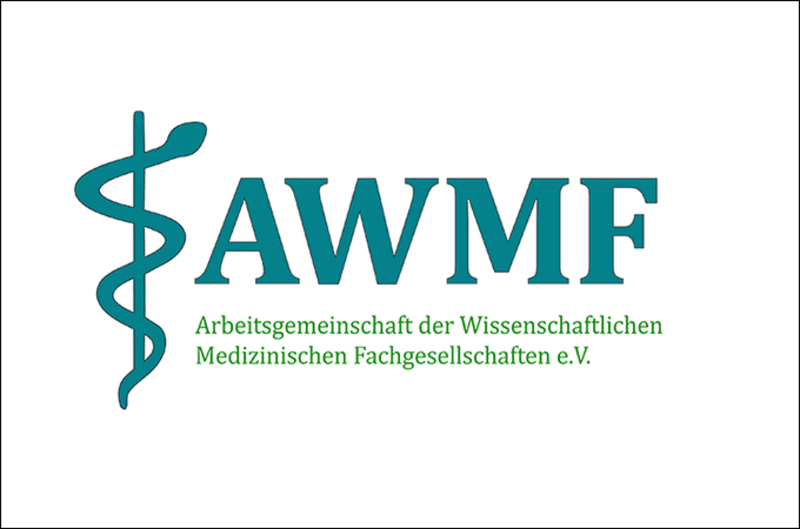AWMF: Recommendations for action enable structured diagnosis and treatment of endometriosis
The S2k guideline “Diagnosis and treatment of endometriosis” was updated under the auspices of the German Society of Gynaecology and Obstetrics (Deutsche Gesellschaft f├╝r Gyn├żkologie und Geburtshilfe e.V.) to help provide women with suspected or already diagnosed endometriosis with adequate diagnosis, treatment, care and information. In addition, the contents of the guidelines are intended to be used for joint therapy decisions and the development of quality indicators.
According to the guideline, transvaginal sonography is the primary tool for diagnosing endometriosis. This is partly due to the high diagnostic accuracy and partly due to the high availability of the method. Adenomyosis can be diagnosed with transvaginal sonography and deep endometriosis lesions and cystic findings on the ovaries can also be easily visualized.

If the patient is diagnosed with endometriosis, the disease requires long-term treatment planning, in which individual factors (e.g. symptoms, family planning, possible organ damage) must always be taken into account.
“As there is no known prevention or causal therapy for endometriosis, treatment aims to achieve freedom from symptoms for as long as possible, reduce functional limitations, avoid organ damage and adapt the therapy to the patient’s individual life situation in order to improve her quality of life,” explains Sebastian D. Sch├żfer, Guidelines Coordinator, Clinic for Gynecology and Obstetrics, Ludgerus-Kliniken M├╝nster GmbH, Clemenshospital site.
The basic principles of endometriosis therapy include hormonal and surgical therapy. The latest updates relate to pain therapy and psychosomatics, as well as multimodal or complementary therapies. Other treatment options are also discussed in depth for the first time. For example, it is recommended that women should be advised to exercise regularly, that physiotherapy should be included in the treatment concept for those affected or that sexual medical advice/therapy should be offered in the event of sexual dysfunction.
Endometriosis is a chronic inflammatory disease that is one of the most common benign diseases in the field of gynecology. The incidence in Germany is around 3.5 per 1,000 women, with 32,000 hospitalizations associated with endometriosis in 2022 according to the Federal Statistical Office. However, this does not yet cover the overall incidence, as a high number of unreported cases and insufficiently coded or undiagnosed cases can be assumed.
Original Paper:
The articles in the news section are produced by X-Press journalist office
Gender note. The personal designations used in this text always refer equally to female, male and diverse persons. Double/triple references and gendered designations are avoided in favor of better readability.




